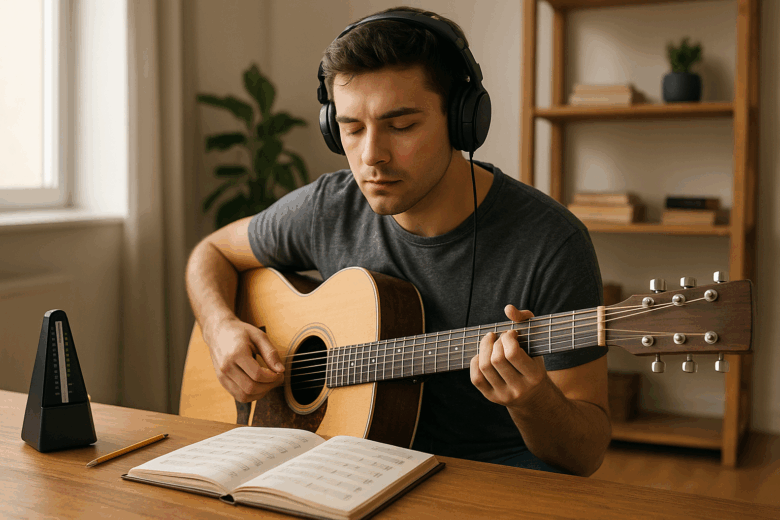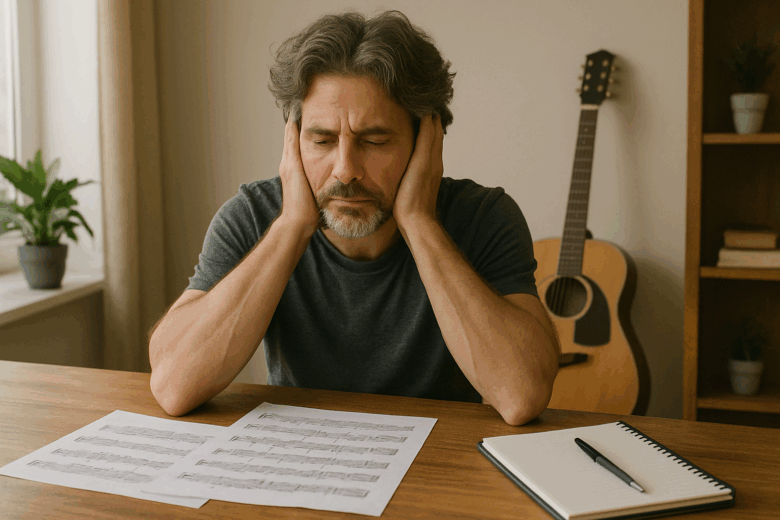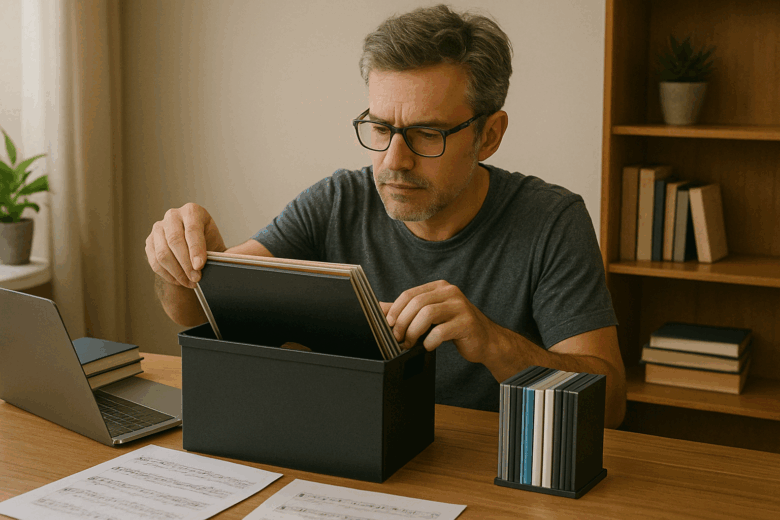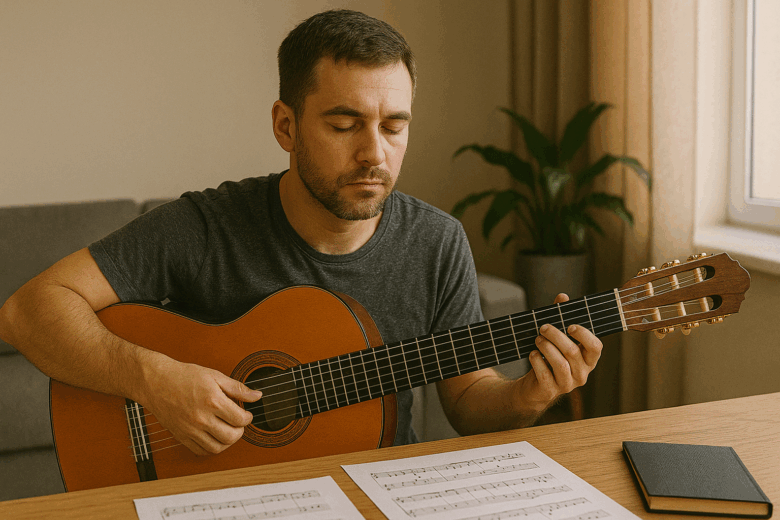Effective practice is key to making progress as a musician. Whether you’re just starting out or already have some experience, making the most of each practice session can help you build your skills faster and stay motivated. It’s not just about the amount of time you put in but the quality and structure of your …
Whether you’re a student, a teacher, or a professional musician, maintaining an organized music library is essential for maximizing your productivity and making your musical resources easy to access. With the vast amount of sheet music, recordings, educational materials, and digital resources available, a well-organized library will not only save you time but will also …
In music, silence can be just as powerful as sound. Pauses and rests not only give listeners a chance to absorb what they’ve heard, but they also create anticipation, tension, and emotional depth. While music is often associated with constant sound, the spaces between the notes are crucial for shaping a compelling performance or composition. …
Dynamics in music refer to the variation in loudness or softness of a piece, and they play a crucial role in creating emotional depth and contrast in a performance. Whether you’re playing an instrument, singing, or arranging music, understanding how to use dynamics effectively can take your performances to the next level. In this article, …
Creating a dynamic soundtrack for your video projects can elevate the entire viewing experience, setting the tone and enhancing the emotional impact of the visuals. Whether you’re working on a short film, a YouTube video, or a commercial, the right music can make all the difference. In this article, we’ll walk through the essential steps …
Writing lyrics is one of the most powerful ways to communicate emotion, tell stories, and connect with your audience through music. However, writing lyrics that truly complement the music can be challenging. The key is to create a balance where the lyrics enhance the melody, rhythm, and mood of the piece. In this article, we’ll …
Starting to compose music can feel like an overwhelming task, but with the right approach, anyone can begin creating beautiful and meaningful compositions. Whether you’re new to music or have been playing for years, understanding some basic techniques can help you get started on your journey to becoming a composer. In this article, we’ll explore …
Music theory is the backbone of all musical composition and arrangement. While creativity and inspiration are vital, understanding the fundamentals of music theory will help you craft music that is structured, harmonious, and engaging. Whether you are composing an original piece or arranging for an ensemble, knowledge of music theory gives you the tools to …
In the modern era, music software has become an essential tool for composers and arrangers. These digital tools allow you to create, arrange, and produce music with ease, providing endless possibilities for creativity. Whether you are a beginner or an experienced musician, learning how to use music software effectively can significantly enhance your compositions and …
Musical arrangement is the art of organizing a piece of music into its final form by deciding how each instrument or voice will contribute to the overall sound. It’s a skill that goes hand in hand with composition, requiring creativity, knowledge of orchestration, and an understanding of how different musical elements interact with each other. …





